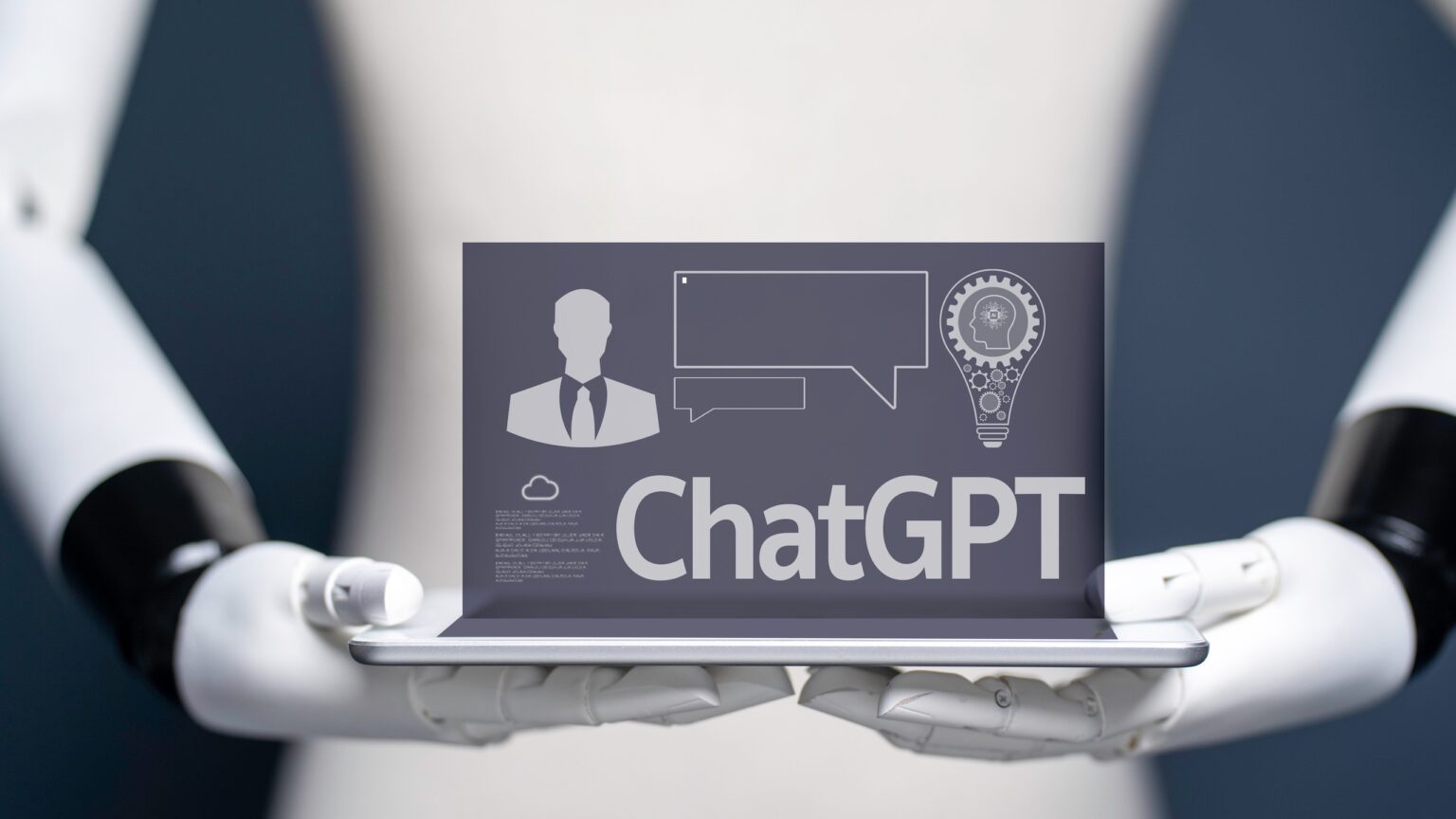Regulators in Canada and Europe are coming down hard on AI chatbot ChatGPT following complaints about OpenAI’s handling of personal information. Canada’s privacy watchdog announced an investigation into the bot’s privacy-related practices and European authorities are tightening the screws against ChatGPT on similar allegations.
The Canadian probe into OpenAI, the company behind ChatGPT, is centered on whether the chatbot gathered and used personal information without the consent of users, according to the North American country’s privacy commissioner Philippe Dufresne.
“AI technology and its effects on privacy is a priority for my office,” Dufresne said in a statement.
“We need to keep up with – and stay ahead of – fast-moving technological advances, and that is one of my key focus areas as Commissioner.”
Also read: AI Boosting Fraudulent Phishing Emails, Experts Warn
European trouble for ChatGPT
The Canadian investigation highlights the need for AI companies to prioritize privacy and data protection in their products and services. The use of AI in chatbots and other apps has raised concerns about the collection and use of personal data.
In the European Union, OpenAI has grappled with similar concerns after the regional bloc tightened regulations on data protection and privacy, specifically the risk that ChatGPT could violate Europe’s privacy rulebook, the General Data Protection Regulation (GDPR).
Italy’s privacy regulator used this particular law to order a temporary ban of the chatbot, citing concerns over the improper collection and storage of user information.
As MetaNews previously reported, the ban calls on OpenAI to suspend processing the data of Italian users, which could effectively mean blocking ChatGPT access from Italy. The Italian ban marked the beginning of trouble for ChatGPT across the 27-member EU bloc.
In France, the data regulator received two complaints about ChatGPT and demanded the company provide more information about how the chatbot collects and processes user data, L’Informé reported.
Across the Channel in the UK, meanwhile, the Information Commissioner’s Office (ICO) has raised concerns about AI tools like ChatGPT and is calling for greater transparency and accountability in their use. Belgian regulators say the bot’s privacy threats should be discussed at the European level.
As for the Irish Data Protection Commission, it says it will collaborate with all EU data protection authorities regarding ChatGPT’s potential breaches, as reported by Politico.
In Norway, the head of international work for the country’s data protection regulator Datatilsynet, Tobias Judin, said, “We have not to date launched an investigation into ChatGPT. But we are not ruling anything out for the future.”
‘We’ll be back,’ says OpenAI CEO
OpenAI says it believes it complies with privacy laws in Europe and will work closely with Italy’s privacy regulator to address concerns about ChatGPT. The company hopes to make the chatbot available again in Italy soon.
CEO Sam Altman tweeted recently that the firm was complying with the “Italian government’s” decision to ban their services, which appeared to conflate the country’s independent regulator with its government.
“Italy is one of my favorite countries and I look forward to visiting again soon,” Altman said.
We of course defer to the Italian government and have ceased offering ChatGPT in Italy (though we think we are following all privacy laws).
Italy is one of my favorite countries and I look forward to visiting again soon!
— Sam Altman (@sama) March 31, 2023
On April 6, following a video call with OpenAI executives, the Italian data protection authority announced that the company was willing to address any potential violations of European Union privacy laws.
OpenAI is not the first global tech company to face regulatory challenges in Europe. In 2019, Google was slapped with a €50 million GDPR fine in France that was imposed before the U.S. tech giant formally set up shop in Ireland.
Chinese social media giant TikTok was not spared and had to contend with several investigations and fines from the Dutch, Italian and French authorities before formally setting up in Ireland in 2021. OpenAI has yet to establish a European headquarters.
More AI discomfort
It’s not just data and privacy concerns that are causing discomfort for many. According to a report by Belgian paper La Libre, a young Belgian took their own life in late March after conversing with an AI-powered chatbot called Eliza for several weeks.
In a recent development, tech entrepreneur Elon Musk, along with thousands of AI experts, called for a halt in the development of ChatGPT citing “profound risks to humanity.” This call has been supported by advocacy groups, too.
The U.S. Center for AI and Digital Policy urged the American Federal Trade Commission to look into OpenAI and prevent further releases of its chatbot.
And BEUC, a Belgian consumer watchdog, asked European and national regulators to investigate ChatGPT, cautioning that the EU’s forthcoming AI regulations might not arrive in time to stop the harm.









 and then
and then